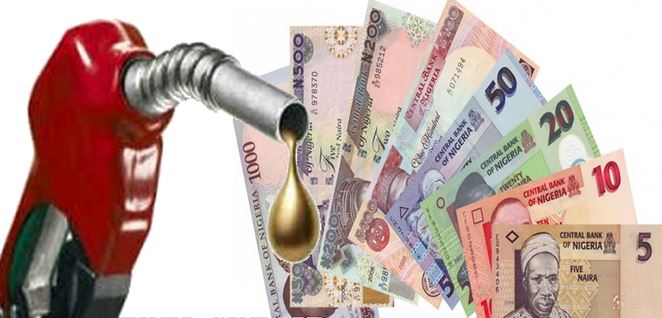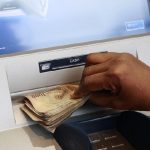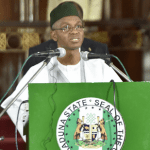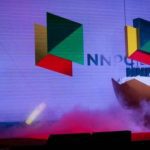The vexed issue of subsidy for petrol was a significant part of President Muhammadu Buhari’s presentation of 2019 financial estimates to the National Assembly Wednesday, with the president earmarking N305 billion, out of his proposed N8.83 trillion spending plan, for the essential commodity.
The president told the 469-member National Assembly at the House of Representatives Chambers that government would continue to subsidise fuel price in order to reduce its burden on the citizenry.
The president’s decision, is, however, likely to generate anxiety among the nation’s 36 governors, who had in recent times opposed subsidy deduction from the Federation Account, arguing that it had remained a shadowy drain on their monthly allocation.
According to him, “We have allowed for N305 billion ($1 billion) for under-recovery by NNPC on PMS (premium motor spirit or petrol) in 2019. We will continue working to bring it downwards so that such resources are freed up to meet the developmental needs of our people.”
The president attributed the problem with subsidies in the past to abuse and corruption, adding, however, that because government through the NNPC is the sole importer of PMS, under-recovery is from the NNPC’s trading account.
He said this means the possibility of some marketers falsifying claims has been removed.
The 2019 budget estimate is N300 billion lower than the N9.1 billion being implemented for 2018 fiscal year.
According to Buhari, N4.04 trillion or 50.31 per cent is earmarked for recurrent expenditure and N2.03 trillion representing 22.98 per cent for capital projects.
Other estimates are N492.36 billion for statutory transfers, N2.14 trillion for debt servicing and provision of N120 billion as sinking fund.
He explained that the sinking fund would be used to “retire maturing bonds to local contractors.”
The 2019 budget proposal is based on an oil production estimate of 2.3 million barrels per day and an exchange rate of N305 per dollar.
Other benchmarks are real Gross Domestic Product (GDP) growth rate of 3.01 per cent and inflation rate of 9.98 per cent.
The total projected revenue, according to the president, is N6.97 trillion, which is three per cent lower than the 2018 estimate of N7.17 trillion.
Buhari said the expected income consisted of oil revenue projected at N3.73 trillion, and non-oil revenue estimated at N1.39 trillion.
He explained, “The estimate from non-oil revenue consists of N799.52 billion from company income tax; N229.34 billion from value added tax, and customs duties of N302.5 billion. We have reduced our expectations from independent revenue N624.58 billion.
“Other revenues expected in 2019 include various recoveries of N203.38 billion; N710 billion as proceeds from the restructuring of government equity in joint ventures, and other sundry incomes of N104.1 billion.”
The president explained further that the total N8.83 trillion proposed expenditure for 2019 included grants and donor funds amounting to N209.92 billion.
According to him, although the 2019 estimate was lower than the 2018 budget of N9.1 trillion, it was higher than the N8.6 trillion originally proposed by the executive to the National Assembly.
The budget deficit is projected to decrease to N1.86 trillion or 1.3 per cent of the GDP in 2019 from N1.95 trillion projected for 2018.
“This reduction is in line with our plan to progressively reduce deficit and borrowings over the medium term,” he said.
On sectoral allocation, the president said the Ministry of Interior would get N569.07billion, Defence (N435.62 billion), Education (N462.24 billion) and Health (N315.62 billion).














